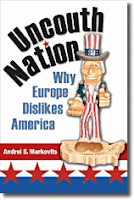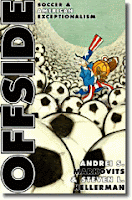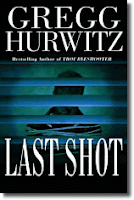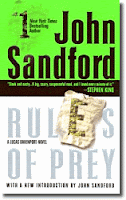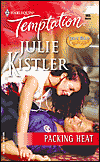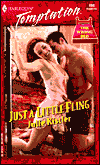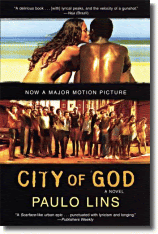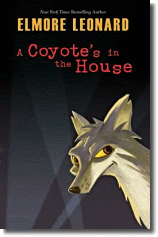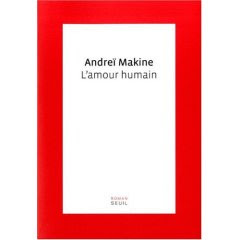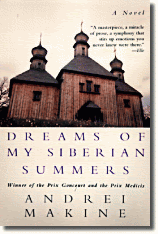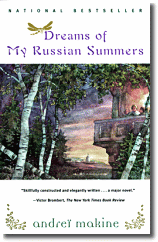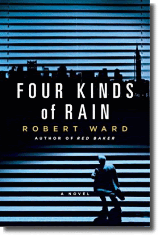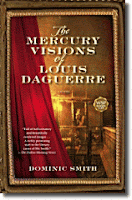 Dominic Smith is the author of The Mercury Visions of Louis Daguerre, which just came out in paperback.
Dominic Smith is the author of The Mercury Visions of Louis Daguerre, which just came out in paperback.I asked him what he's been reading. His reply:
I'm currently re-reading Lolita. I'm coming back to this novel after an absence of ten years or so. What strikes me now is the sinister and beguiling voice, the rhythm of the language and the sense that the reader is trapped, as at a dinner party, by a brilliant yet unwholesome character. The linguistic pleasure of the proseRead the results of the Page 69 Test for The Mercury Visions of Louis Daguerre, and visit Dominic's website.seems to mask problematic issues of plot. The convenient death of Lo's mother, in the hands of a lesser writer, would seem too orchestrated. But running through the center of this "infernal machine" (as Mary McCarthy called it) is a kind of ode and love poem to fate. The fidget wheels turn, the trap is set, and we know the chase cannot be stopped. As long as the cartwheels continue in the language itself, we will forgive almost anything. It's a haunting and messy read, but one that--even ten years later--cannot be put down.
Dominic Smith's second novel, The Beautiful Miscellaneous, will be published in June.
--Marshal Zeringue
